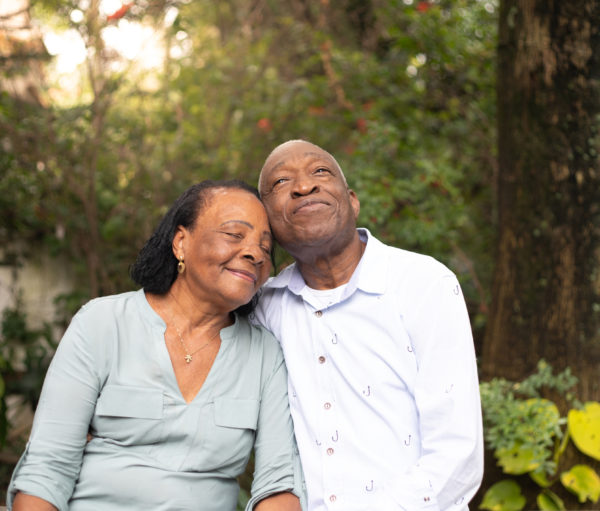After an Alzheimer’s Diagnosis

Being diagnosed with Alzheimer’s disease is a life-changing event for the person experiencing symptoms and their loved ones. There is currently no cure for Alzheimer’s disease, and treatment options are limited. There is, however, a lot that the person with a new diagnosis of Alzheimer’s—and their loved ones—can do to make sure the path ahead is as smooth as it can be.
If you or a loved one is facing a diagnosis of Alzheimer’s, you are not alone. More than six million people are living with Alzheimer’s disease in the United States alone. And more than 11 million Americans provide some form of unpaid caregiving for loved ones with Alzheimer’s or other dementia. Facing how this disease could possibly change your day-to-day life may seem daunting, but proper planning will help you or your loved one live their best life. Here are some things to do once you are diagnosed with Alzheimer’s disease.
Acknowledge your emotions. The process of getting a diagnosis can be difficult. You may be grieving the life you thought you’d live or are angry when you consider how this may affect your independence. Or perhaps you feel relief that there is now an explanation for your symptoms and a way to prepare for this next stage of life. These are all completely normal emotions. Take the time you need to feed sad, mourn or grieve. Share your feelings with your support network. There is no wrong way to feel about your diagnosis.
Get educated. Ask your doctor questions about your treatment options, the disease progression, and what you can expect in the future. You’ll want to understand whether you can continue to see your primary care provider, or if you should be referred to a specialist such as a geriatrician or geriatric psychologist. The Alzheimer’s Association has printable lists of questions that you may choose to ask your healthcare provider.
Find support. You are not on this journey alone. Connecting with other people who are in a similar place on their Alzheimer’s journey may help you feel socially connected and understood. There are many in-person and online support groups for people with Alzheimer’s and their caregivers. You might also seek the counsel of a faith leader or therapist.
Plan for the future. Get your legal and financial matters in order. This will empower you to make sure your wishes are honored as your disease progresses. Family members and caregivers will appreciate knowing your preferences if there comes a time when you are no longer able to communicate them yourself. Make sure legal preparations include plans for your property and finances. Think about your living space and what, if any, modifications could be made to help you maintain your independence as long as possible. Be sure to name someone who will make decisions on your behalf when you are no longer able.
With proper preparation, you’ll be empowered to continue doing the activities that bring you the most joy.
This article is not intended to replace the advice of your healthcare provider. Seek medical help if you are experiencing symptoms of cognitive decline.
Source: IlluminAge


